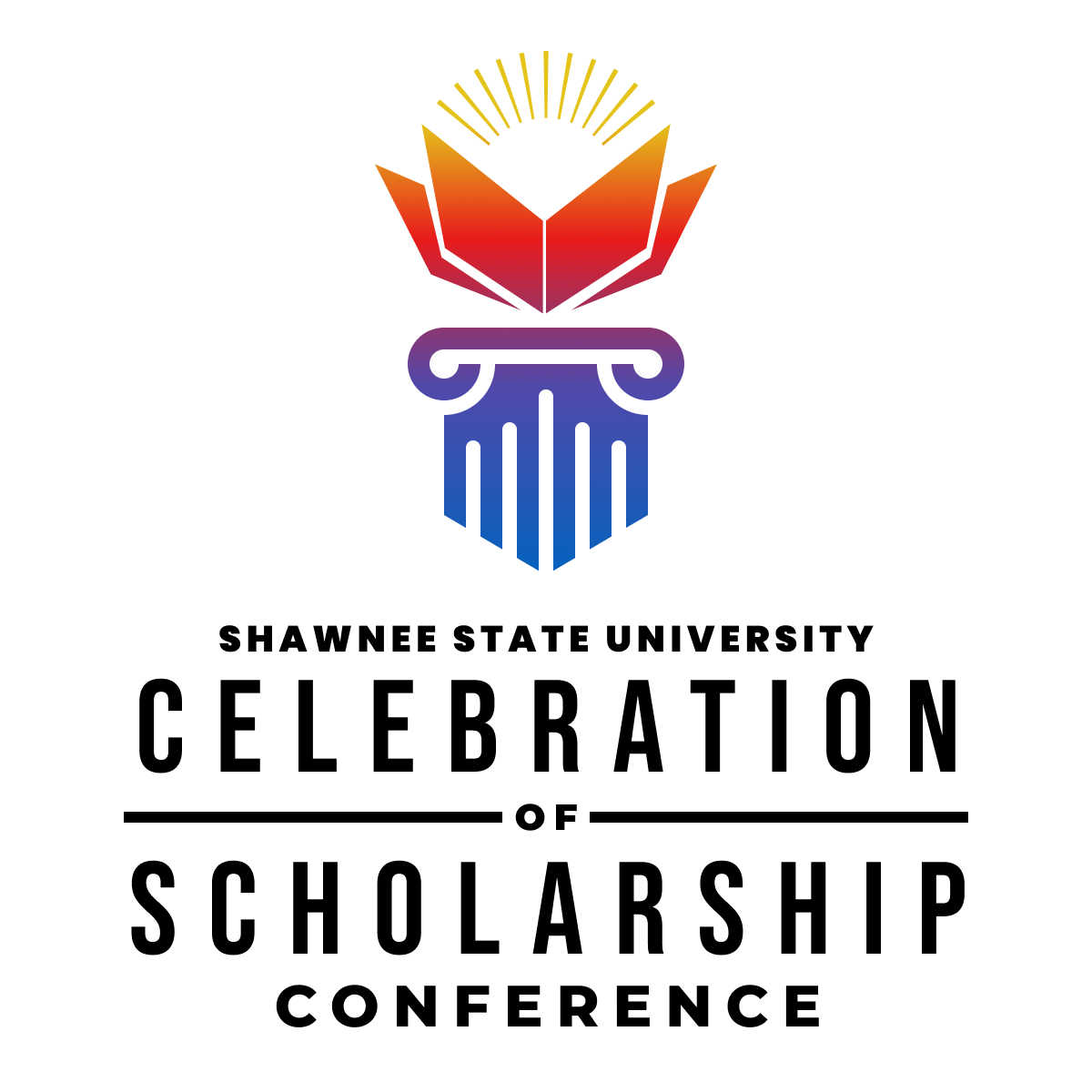The Effects of Bellwork on Student Focus in a High School Math Classroom
University
Shawnee State University
Major
Integrated Mathematics 7-12
Presentation Types
Oral Presentation (Live)
Keywords:
Student Focus, Bellwork, Formative Assessment
Abstract
In a rural high school math classroom, the effects of bellwork were tested against student focus and motivation. Research found that formative assessment and goal oriented learning increase motivation in the classroom. Thus, a mixed methods approach was used to test the hypothesis that student focus would improve when there was a bellwork assignment given at the beginning of the period. For eight weeks, student focus was determined with two different modes of research as follows: student surveys were taken at the end of each class period to quantitatively test student focus and the researcher completed a rubric designed to score student note taking for that day on each day that notes were taken. At the end of the study period, the results of the two modes of research showed that students show more focus when they are given a task to complete at the beginning of the class period.
Human and Animal Subjects
yes
IRB or IACUC Approval
yes
Faculty Mentor Name
Shannon Mills
Faculty Mentor Title
Professor
Faculty Mentor Department
School of Education
Recommended Citation
McKinney, Abigail, "The Effects of Bellwork on Student Focus in a High School Math Classroom" (2024). Celebration of Scholarship. 3.
https://digitalcommons.shawnee.edu/cos/2024/friday/3
The Effects of Bellwork on Student Focus in a High School Math Classroom
In a rural high school math classroom, the effects of bellwork were tested against student focus and motivation. Research found that formative assessment and goal oriented learning increase motivation in the classroom. Thus, a mixed methods approach was used to test the hypothesis that student focus would improve when there was a bellwork assignment given at the beginning of the period. For eight weeks, student focus was determined with two different modes of research as follows: student surveys were taken at the end of each class period to quantitatively test student focus and the researcher completed a rubric designed to score student note taking for that day on each day that notes were taken. At the end of the study period, the results of the two modes of research showed that students show more focus when they are given a task to complete at the beginning of the class period.


